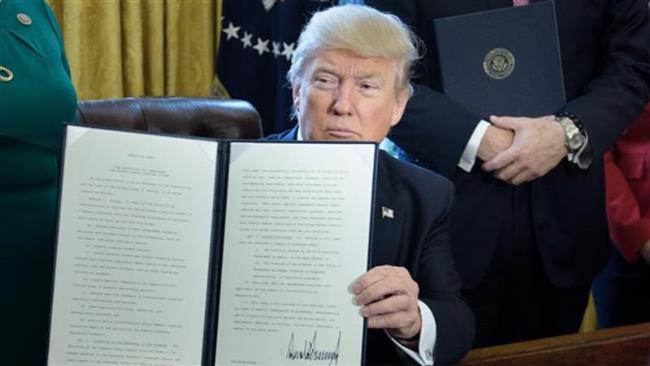
RNA - In a statement on Friday, the NAM Coordinating Bureau said it rejects the US government’s latest decision to extend its unilateral coercive measures against nationals and entities from Iran.
It added that the movement adopted such a stance in line with its principled position of condemning the promulgation and application of unilateral coercive measures against NAM member countries, saying these moves are in violation of the United Nations Charter and international law.
The NAM emphasized the need to respect international law including the principles enshrined in the UN Charter and the Declaration of Principles of International Law concerning Friendly Relations and Cooperation among States in accordance with the Charter of the United Nations.
The movement threw its weight behind the Iranian government and nation in rejection of these measures and urged the US government to “desist [from] and repeal such coercive measures” which are contrary to international law, the UN Charter and the norms and principles governing peaceful relations among states, while affecting the spirit of dialogue and political understanding among nations.
The US Treasury Department said on February 3 that Washington had imposed sanctions on 13 individuals and 12 entities as part of bids to ratchet up pressure on Iran chiefly over Tehran’s missile program.
In a statement on the same day, the Iranian Foreign Ministry slammed as illegal the US anti-Iran sanctions and said the Islamic Republic would deliver a "proportionate and reciprocal" response to the move.
“The Islamic Republic of Iran, with the backing of the wise participation and support of the great Iranian nation, will respond proportionately and reciprocally to any move that targets the interests of the Iranian people,” the statement said.
The NAM Coordinating Bureau further acknowledged Iran’s full commitment to the implementation of the landmark nuclear agreement, known as the Joint Comprehensive Plan of Action (JCPOA), signed between Iran and the P5+1 group of countries in July 2015.
It called upon all states to “support its implementation and refrain from actions that could undermine the compliance with the commitments assumed under the JCPOA.”
Iran and the five permanent members of the United Nations Security Council - the United States, France, Britain, Russia and China plus Germany - started implementing the JCPOA on January 16, 2016.
Under the nuclear agreement, Iran undertook to put limitations on its nuclear program in exchange for the removal of nuclear-related sanctions imposed against Tehran.
847/940